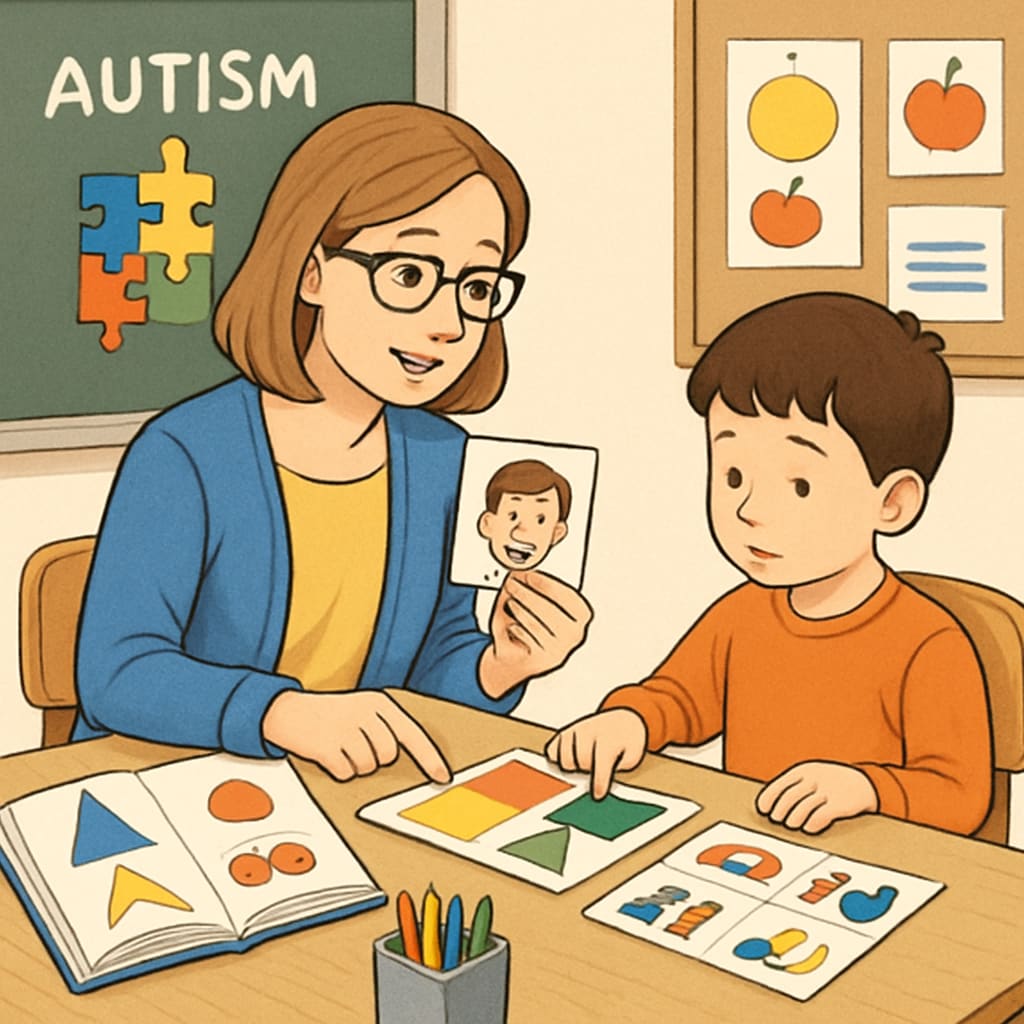Working in special education with children on the autism spectrum presents a unique combination of challenges and rewards. For teacher assistants, this role demands not only professional expertise but also emotional resilience and adaptability. Understanding the nuances of autism and preparing for the responsibilities involved can help aspiring educators navigate this meaningful career path with confidence.
Understanding Autism Spectrum Disorders in Special Education
Autism Spectrum Disorder (ASD) is a developmental condition that impacts communication, behavior, and social interactions. Its manifestations differ widely among individuals, ranging from mild to severe. In special education settings, teacher assistants play a vital role in supporting these students by fostering an environment that promotes learning, engagement, and emotional growth.
To effectively assist children with autism, teacher assistants must familiarize themselves with key strategies, such as:
- Using visual aids to support communication and comprehension.
- Implementing structured routines to create a predictable learning environment.
- Offering positive reinforcement to encourage desirable behaviors.

Preparing for the Emotional Demands of This Role
Working closely with children who have autism requires emotional resilience and patience. Teacher assistants must be prepared to manage challenging situations, such as meltdowns or resistance to change, with empathy and professionalism. Building a strong rapport with students and their families is crucial for creating a supportive atmosphere.
Here are some tips for emotional preparation:
- Engage in mindfulness and stress management techniques to maintain a calm demeanor.
- Seek mentorship or support from experienced colleagues in the field.
- Celebrate small victories, recognizing the incremental progress of children with autism.

Professional Skills for Teacher Assistants in Special Education
In addition to emotional preparedness, teacher assistants must develop a range of professional skills to excel in special education environments. These include communication, collaboration, and adaptability. Working as part of a multidisciplinary team—including teachers, therapists, and other specialists—requires clear communication and a shared commitment to the child’s development.
Professional development opportunities can also enhance skills, such as:
- Attending workshops on autism and special education strategies.
- Learning techniques for behavior management and conflict resolution.
- Building knowledge of assistive technologies that support learning.
Learn more about autism spectrum disorder on Britannica.
The Rewards of Working in Special Education
Despite the challenges, working with children on the autism spectrum is profoundly rewarding. Teacher assistants have the opportunity to witness growth and progress firsthand, knowing their efforts contribute to a child’s ability to thrive academically and socially. This sense of fulfillment often drives educators to remain committed to the field.
As a result, teacher assistants in special education often find themselves developing a deeper understanding of resilience, compassion, and the power of inclusive education. This journey, while demanding, is undeniably meaningful.
Explore the concept of special education on Wikipedia.
Readability guidance: Use short paragraphs and bullet points to summarize key ideas. Maintain clarity by including transitional words and avoiding long sentences. Ensure the article flows smoothly with well-structured sections.


